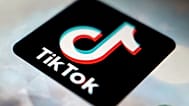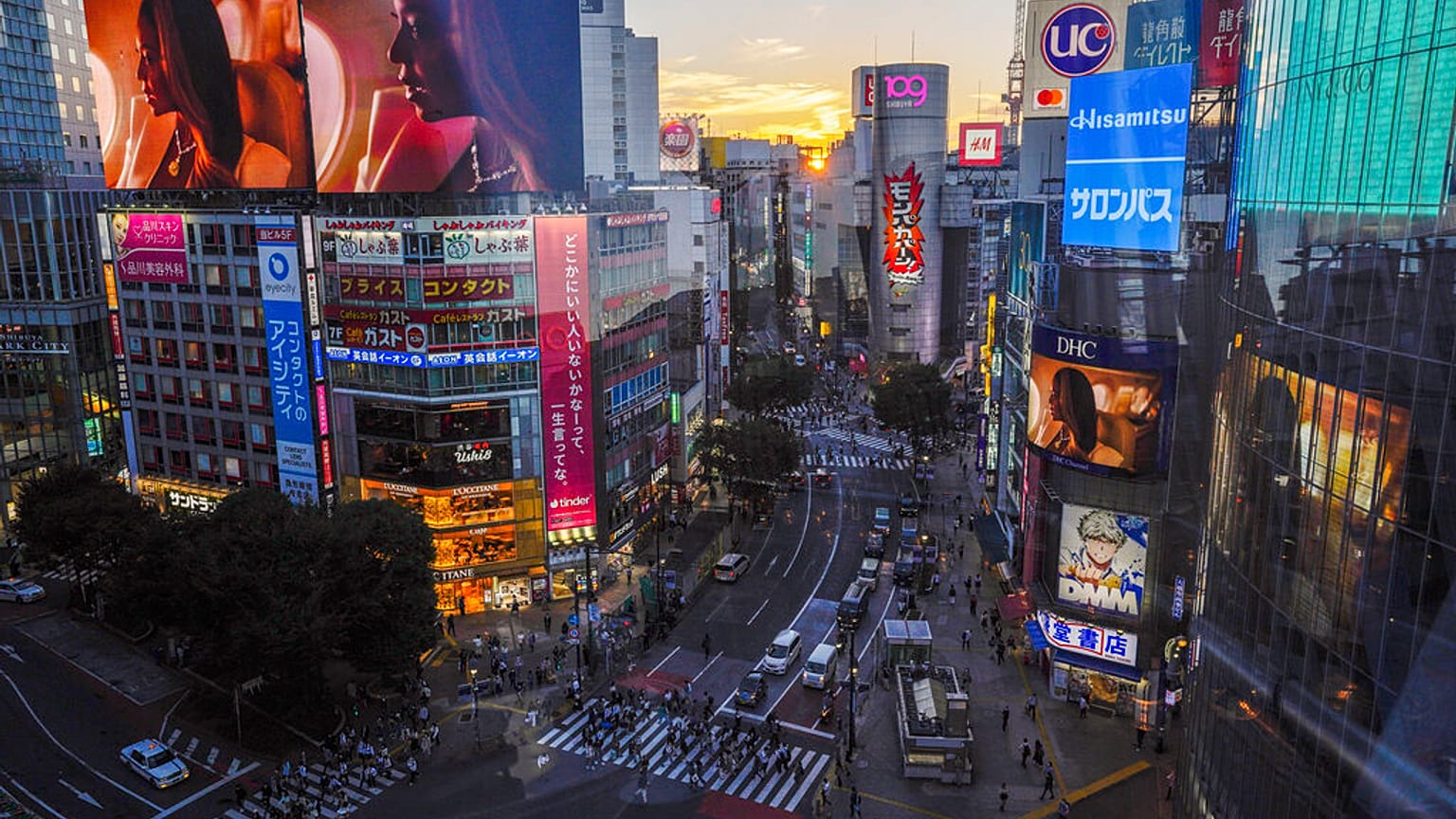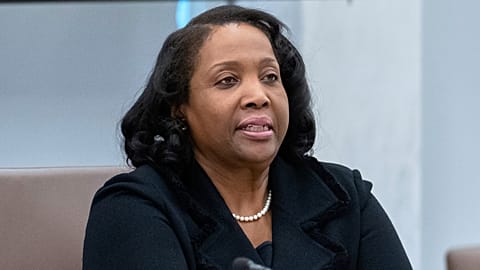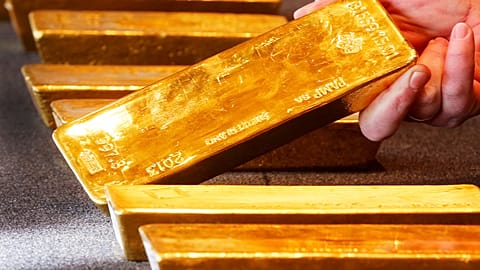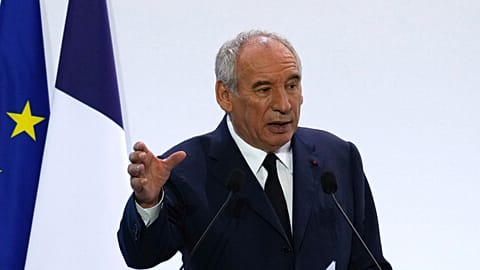Japan’s economy expanded at a stronger rate in the fiscal first quarter than previously estimated. The data was published hours after Prime Minister Shigeru Ishiba announced his long-awaited resignation following his party's defeat in the summer elections.
 ADVERTISEMENT
ADVERTISEMENT
Healthy consumer spending fuelled Japan's economy in the three months between April and June, despite worries about US tariffs and domestic political uncertainty, according to government data released Monday.
The Cabinet Office said Japan's real gross domestic product, the sum value of a nation's goods and services, grew at a seasonally adjusted 2.2% annualised rate in the quarter compared to the previous year.
That was better than the preliminary estimate for 1% growth, which came out last month, as solid consumer spending and inventories lifted growth more than previously thought.
Quarter-on-quarter, Japan's GDP grew 0.5%, up from the initial estimate for a 0.3% rise.
US President Donald Trump's move to raise tariffs on Japanese imports is a major worry for the export-dependent economy, especially auto exports, which now face a 15% tariff, up from 2.5%.
According to the latest government data, private consumption rose 0.4%. That was an improvement on the initial estimate for 0.2% growth, raising domestic demand growth into positive territory at 0.2% growth, instead of contracting 0.1%, as in the earlier data.
Stock markets react positively to PM resignation
Asian shares mostly rose with Japan's benchmark jumping higher in Monday morning trading, despite the looming political uncertainty after Prime Minister Shigeru Ishiba announced on Sunday night that he was stepping down as prime minister and head of his party.
This followed growing calls from within his party to take responsibility for a historic defeat in July's parliamentary election. Ishiba explained at a news conference Sunday night that he had intended to step down but was first determined to make progress in tariff negotiations with the United States.
He said the moment had arrived with an order by U.S. President Donald Trump on Friday to lower tariffs on Japanese cars and other products from 25% to 15%.
He is to remain as prime minister until a new leader is elected and endorsed by the parliament.
“Markets may react short-term to the temporary uncertainty of lame-duck leadership, but this may resolve once a new leader is chosen. Meanwhile, the LDP’s position as a minority leading party is unlikely to change anytime soon, and as such, compromise will be the name of the policy-making game,” said Naomi Fink, chief global strategist at Amova Asset Management.
Japan's benchmark Nikkei 225 gained 1.4% in morning trading. South Korea's Kospi gained 0.2%. Australia's S&P/ASX 200 lost 0.3%.
Hong Kong's Hang Seng edged up 0.3%, while the Shanghai Composite rose 0.2%.


